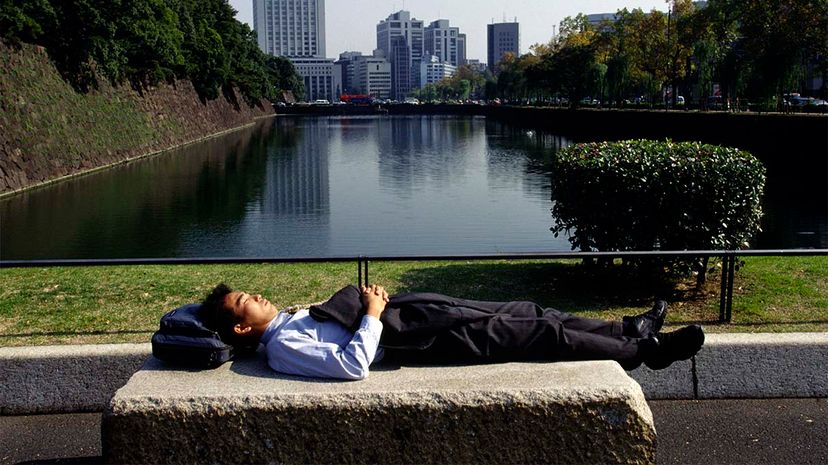
Napping is having a moment. Starting a few years ago, industries looking to boost the creative productivity of their workers — in Silicon Valley and beyond — caught wind of research showing that a short afternoon nap can refresh the body and recharge the mind in ways similar to nighttime sleep.
Sara Mednick is an associate professor of psychology at the University of California, Irvine and author of the book "Take a Nap! Change Your Life." The book is based on more than 15 years of research into the cognitive and physical benefits of napping, including significantly improved performance on tests ranging from visual perception to creativity.
Advertisement
Napping is not for everybody (or every business), says Mednick, but here's what she and other sleep researchers have learned about the neuroscience of naps and the recipe for the most effective workday siesta.